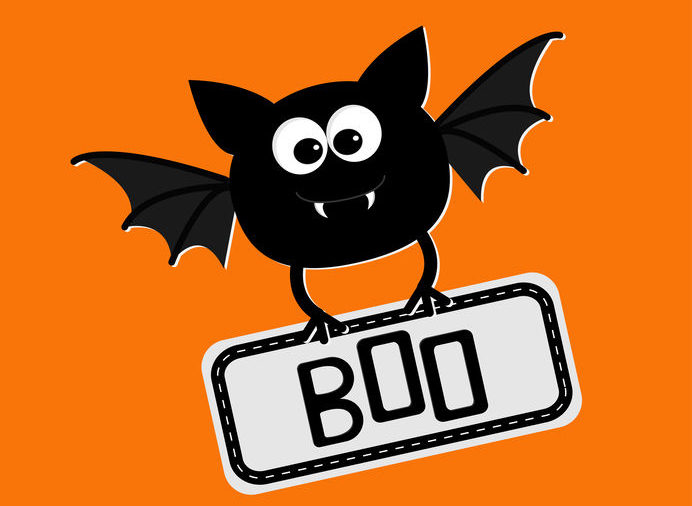I swear some decorations were up before July 4 and now they’re everywhere. It’s Halloween and a celebration of all things scary. With that theme in mind, let’s talk about rejection and the dreaded “no thanks.”
In the non-writing world, being told no thanks isn’t a big deal. As writers, those words or implied but not spoken can throw us into a blue funk and stop us from ever writing again.
Take away? Shrug it off. All writers were, at one time, emerging in the craft and were told just that. The ones who made it did just that. Here are some famous rejection letters iconic writers have received: http://mentalfloss.com/article/91169/16-famous-authors-and-their-rejections
With totally unscientific survey methods, I asked a few writers to remember their first years of pitching queries frightening things that happened.
“The most frightening thing for me,” said a colleague, “was never hearing back from an editor. For a while I thought that editors hated my ideas and my prose reeked.”
Happened to you yet? It’s been my experience that when we don’t hear back on a query to a magazine editor, agent or publisher, the reason is the person is too busy. It has nothing to do with us.
Early in my magazine writing career, I met with “Jeff,” then editor of Westways the West Coast AAA magazine. In my naïve creative mind, I imagined Jeff would have an immaculate LA high rise office, complete with staff hovering near his elbows. The image was straight from Hollywood. The real office had a receptionist and that’s where the likeness ended.
Jeff’s cubicle was near the size of an airplane washroom and stacked against the divider were unopened pitch letters, unopened and unsolicited manuscripts and a hodgepodge of clutter. Saying it was messy would have been a kindness. (I am an expert on a messy office and he outdid me.) Other staffers’ officed showed me they were drowning in queries. Like his staff, Jeff juggled non-editing jobs, including keeping advertisers pleased with the bottom line and his boss happy with revenue.
Since then, I’ve worked as a magazine staff writer and editor at various magazines and the offices make Jeff’s seem spacious.
Take away? Even if your writing is stellar, off the charts, the sheer volume of submissions is often against you, especially when pitching to the glossy publications seen at the grocery store. This is true for e-submissions, of course.
A recently published writer told me, “Let me tell you about the sting of a form rejection letter. That frightens me, still.”
Whether it pops into your inbox or arrives in the mail, form rejection letters are terrifying because they tell you nothing. Is the writing manure or is the editor having a bad day, sadistic or angry? Honestly, good writing is rejected or passed on (the euphemism I prefer). It could be: 1) the editor has something similar on her desk or just rejected the other from another writer, 2) the editor isn’t attentive to your brilliance, and/or 3) it never got to the editor because she’s way too busy. Perhaps a clerk was told to reject all queries for a week until the editor could see the light of day. Hey it happens so a form email or letter was sent back to you.
Take away? Do what coaches say and walk it off. Literally, take a walk or do something not connected with writing. Then, dust off your britches and send out more queries.
“The most frightening writing words,” remarked a technical editor turned novelist, “came early on in my career switch when a buddy offered helpful advice on stories. Helpful advice from those not familiar with our genre is useless. It was my fault and I was crushed.”
Take away? Do not share unpolished writing with anyone who is not a writer, not familiar with your specific genre, not trustworthy with your writing soul.
Final take away? When writing is passed on, and it will be, double check you followed the submission procedures and guidelines and make sure what you’re pitching is what is being accepted. Put rejected writing away for a time, if you want, tweak the query and then pitch it to other publications.
“No thanks” and other words that frighten writers will only stop you if you let them. If that happens, are you really ready for the writing life?
